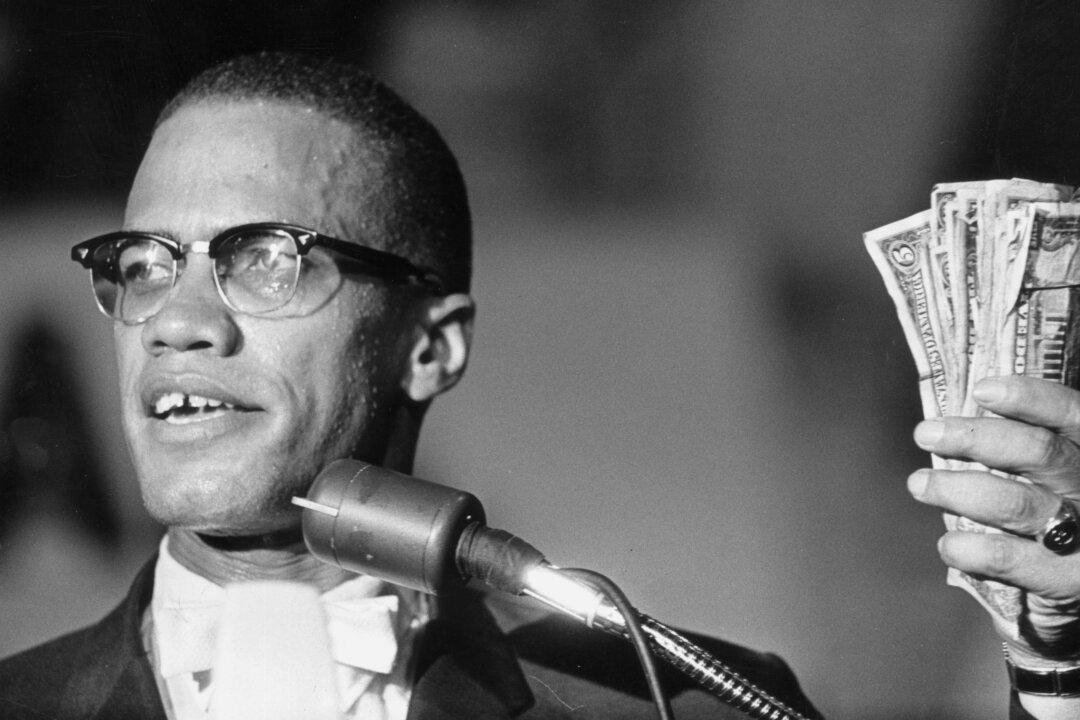Commentary
White advocates of laissez-faire capitalism are a dime a dozen. Diminishing marginal utility is what makes black supporters of economic liberty, private property rights, and the profit and loss system far more important.

White advocates of laissez-faire capitalism are a dime a dozen. Diminishing marginal utility is what makes black supporters of economic liberty, private property rights, and the profit and loss system far more important.